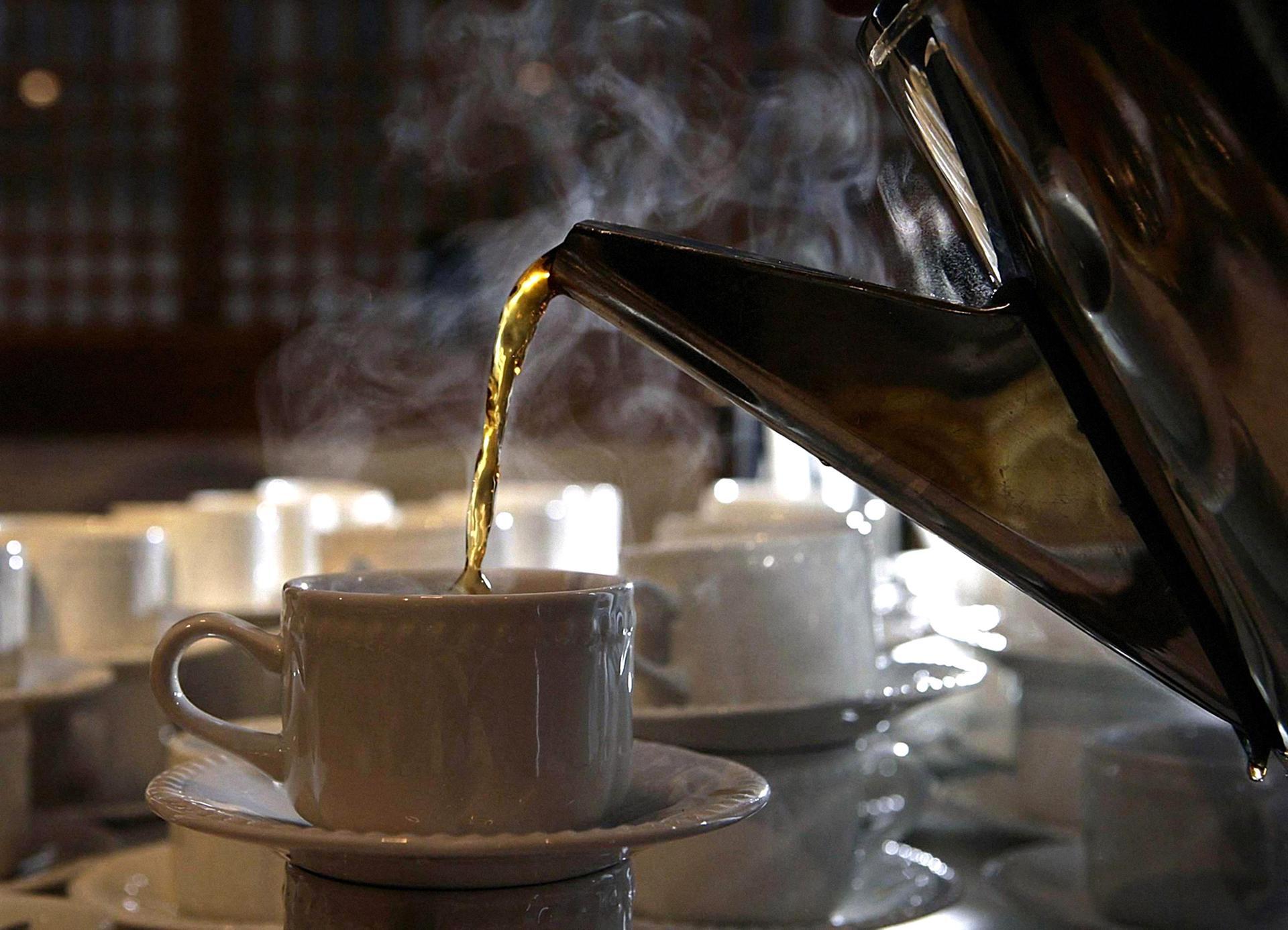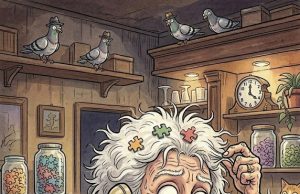
We often turn to hot foods for comfort—especially during cold weather or after a long day. However, new research suggests that regularly consuming extremely hot foods and beverages may increase the risk of certain cancers, especially those affecting the esophagus, throat, and mouth.
Let’s explore the science behind this risk, and take a look at 5 hot foods that may contribute to cancer if consumed frequently and at high temperatures.
Why Are Hot Foods a Concern?
The main issue isn’t the food itself, but the temperature. When food or drinks are hotter than 65°C (149°F), they can damage the lining of the mouth and throat. Over time, repeated exposure to such heat can cause chronic inflammation, which may increase the risk of esophageal and oral cancers.
The International Agency for Research on Cancer (IARC), part of the World Health Organization, has classified “very hot beverages” as “probably carcinogenic to humans” based on multiple studies.
5 Hot Foods That Could Raise Cancer Risk
1. Boiling Hot Tea

In many cultures—such as Iran, Turkey, and parts of China—tea is consumed at near-boiling temperatures. Studies have shown that drinking tea hotter than 60–65°C may double the risk of esophageal cancer. Letting tea cool for even a few minutes can significantly reduce this risk.
2. Scalding Hot Instant Noodles
Instant noodles are a common comfort food, often served immediately after boiling water is added. If eaten right away, their high temperature can burn the esophagus and throat lining. Over time, this repeated thermal injury may increase cancer risk, especially when combined with the high sodium and chemical preservatives found in many brands.
3. Steaming Hot Soup or Broth

Soups and broths—such as pho, ramen, or bone broth—are often served at boiling temperatures. Consuming them before they cool down can cause small burns in the mouth and esophagus. While the ingredients may be nutritious, the temperature at which they’re consumed matters.
4. Hot Stone Pot Dishes (e.g., Korean Bibimbap)
Dishes served in hot stone bowls retain heat for a long time and are usually eaten while sizzling. These meals are delicious and visually appealing, but they can remain extremely hot throughout the meal. Eating them too quickly can cause repeated heat damage to sensitive tissues.
5. Boiling Hot Coffee
Like tea, coffee is often consumed at high temperatures. In some cultures, drinking very hot coffee is a daily habit. However, studies have shown that waiting just a few minutes after brewing allows the beverage to cool to a safer temperature—without sacrificing flavor.

What Can You Do to Lower the Risk?
- Let your food and drinks cool to below 60°C before consuming.
- Test the temperature with a small sip or spoonful. If it burns your tongue, it’s too hot.
- Avoid rushing your meals, especially when they’re freshly cooked or served boiling.
- Combine hot meals with a healthy lifestyle, including a diet rich in fiber and antioxidants.
Final Thoughts
While hot foods themselves are not inherently cancer-causing, the way we consume them matters. Eating or drinking items that are extremely hot may increase cancer risk over time due to repeated thermal damage. By letting your food cool slightly and being mindful of temperature, you can continue to enjoy your favorite hot meals—safely.



















